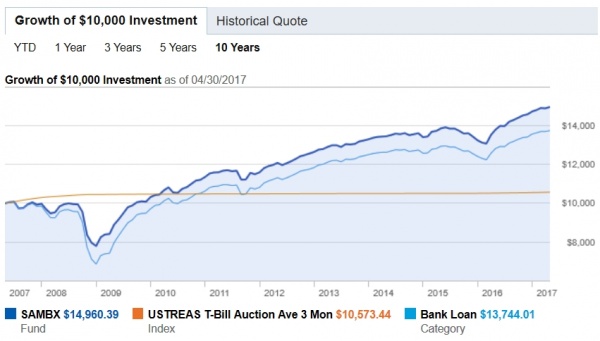ESRwannabe
Full time employment: Posting here.
- Joined
- Mar 19, 2010
- Messages
- 889
I recently left the W2 world with a significant severance. That and a habit of having significant cash reserves has now upped our cash holdings to around $600K. They are currently spread over 4 accounts but none of them earn more than 1%.
Our other holdings (pre-tax and post tax) amount to around $4M and are all in well diversified stocks and stock funds, so I was thinking this might be a good time to build up some bond holdings (say around $400K, leaving $200K for our emergency fund) but I have no experience in doing that. We have significant invested assets in both Vanguard and Fidelity so funds by either of these companies would work.
I am primarily looking for relatively safe funds that return better than 1%. Eventually, if there is a market crash, we would use these funds to buy more equities - this was a good strategy for us post 2008 and I wish we had $600K then - only had $100K which I put right in! Any advice from the more experienced investors on how to go about it would help. Tax efficiency is a bonus - we live in California and are top tax bracket so our marginal rates are over 50%
Thanks in advance!
You should definitely look into municipal bond funds. I'd suggest using a combination of funds. First I'd put some money into Vanguard and I'd spread it out into a short-term muni fund, an intermediate muni fund, and a CA specific muni fund (state and federal tax free). Then if you want to increase your returns you could look at putting some into a municipal bond closed end fund (CEF).

